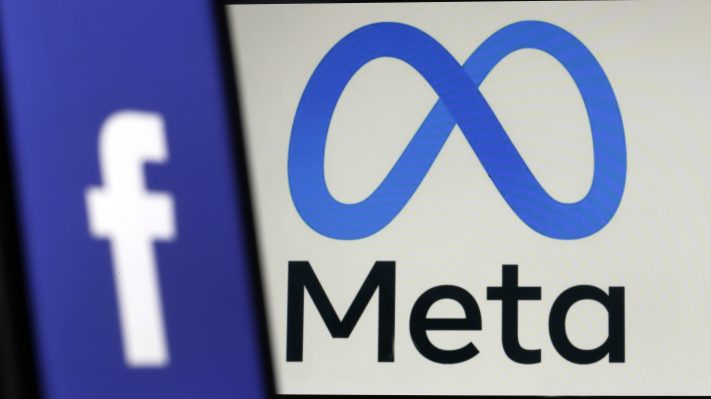Can money buy privacy? Facebook’s parent, Meta, has proposed to settle a long-running privacy class action lawsuit in the Northern District of California related to the Cambridge Analytica scandal, Reuters reported Friday — citing a court filing.
The size of the proposed settlement has not been disclosed.
Meta was contacted for comment but a spokesperson for the tech giant declined to make a statement at this time.
The Reuters news agency reports that the filing submitted Friday asked the judge to put the class action on hold for 60 days until the lawyers for both plaintiffs and Facebook finalize a written settlement.
The suit, which has been bogged down in legal wrangles around discovery for four years, accuses Facebook of illegally shared user data with the disgraced U.K.-based data firm, Cambridge Analytica.
Back in 2018, when the revelations blew up the tech giant’s share price, Facebook admitted that the third-party data firm could have accessed data on up to 87 million users (this dataset was later revised down to be 50 million+).
Cambridge Analytica had planned to use improperly obtained Facebook data to build psychographic profiles of voters — and had been engaged by the Trump campaign of former U.S. President Donald Trump for the 2016 primaries. It was also accused by a whistleblower of pursing voter suppression tactics targeting Black voters.
Facebook founder and CEO Mark Zuckerberg, and former COO Sheryl Sandberg, had been due to give up to 11 hours of testimony next month, for six hours and five hours, respectively, following deposition in the Northern District of California Cambridge Analytica suit.
If the “in-principle” settlement sticks, the pair look set to avoid being grilled in person about their roles in the data scandal — in this suit at least. (The District of Columbia has also been seeking to depose Zuckerberg in separate Cambridge Analytica privacy litigation.)
In 2018, Zuckerberg was called before Congress to testify about the scandal — which led to copious evasive responses just crying out for forensic follow ups.
But, evidently, Meta would prefer to splash cash to spare its supreme leader such scrutiny.
The $5 billion settlement Facebook/Meta subsequently agreed with the FTC, in 2019 — after the regulator examined whether it had violated an earlier privacy agreement — was criticized by dissenting commissioners as allowing the social media giant to pay for blanket immunity for its senior management team.
Additionally, despite Cambridge Analytica obtaining data on Facebook users from many countries other than the U.S., Zuckerberg has repeatedly refused to submit to scrutiny about the scandal in front of international parliaments — agreeing only to one short-form public session in front of a sub-set of EU lawmakers which allowed him to cherry pick responses (and dodge follow-ups).
In the U.K., where the country’s data protection watchdog investigated the scandal after raiding Cambridge Analytica’s offices, Facebook was issued a £500,000 penalty — the maximum possible under applicable law.
Initially it challenged the sanction but later agreed to settle with the U.K. regulator without admitting liability.
Eyebrows were raised subsequently when it emerged that the terms of the settlement gagged the U.K. watchdog from discussing certain elements of its in public — such as related to an ‘app audit’ Facebook had claimed it would undertake as part of its crisis PR response to scandal — closing down scrutiny of the tech giant’s actions in the wake of the scandal.
